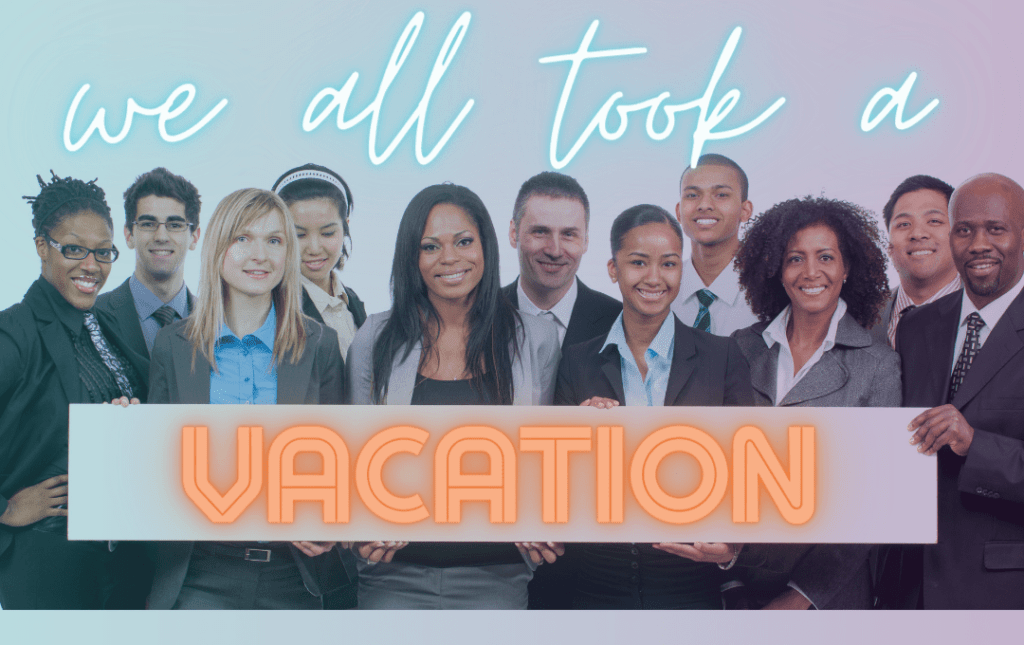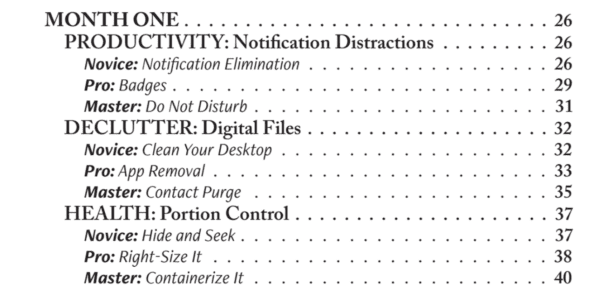The pandemic raised the need for companies to invest more in their employees wellbeing by reconsidering outdated norms like a 9-5 schedule, that working remotely means always being available, and sacrificing health and relationships to climb the ladder. There is a burnout disconnect between leaders and their teams.
Upper-level management and C-Suite (what I call the Vs and Cs) are operating with an increased quit rate in the last few years, and little has been focused on it.
I've included two great resources for studies in the show notes. The Deloitte Insights C-Suite's Role in Well-Being surveyed 1050 C-Suite leaders and 1050 employees. The Asana Anatomy of Work Index 2022 surveyed over 10,600 workers.

Wellbeing is at an all-time low among both C-suite and non-C-suite employees. Deloitte shows that the C-suite significantly underestimates how much employees are struggling. More than 8 out of 10 believe their people are thriving, while studies show the opposite.
Fifty-six percent of employees feel their C-Suites care, while 91% of the Cs believe that employees feel they do.
What a gap!
Looking at the Asana work index and our experience coaching individuals and teams at RaderCo, we see that heavy workloads and long working hours are the primary culprits. Our clients are dealing with workloads from teams that are under-resourced and struggling to fill positions or are trying to operate in a too lean way. Or the company is growing so quickly that it can't fill the spot quickly enough.
Operating lean is fine when the team can see a timeline or milestone down the road. Still, when help is promised and never comes or priorities aren't shifted, it erodes trust. This was a theme among one team that I worked with. We have too much work for our small group, and management tells us they will help or get help for us. We're still waiting for it.
Long work hours became an expectation for remote workers during the pandemic, and we're having trouble shutting it off. I've trained individuals and teams to work well remotely for over a decade. During the pandemic, I warned companies to set policies right away on availability requirements and not force a culture where people are expected to be on Chat or Teams all day and evening. Unfortunately, too many companies don't do this, and people feel they can never shut it off.
The C-Suite is faring better when prioritizing their health, but only half of the employees are taking vacations. Not enough are taking breaks throughout the day, getting quality sleep, or making time for family and friends.
How can we fix this burnout disconnect?

Lack of vacations is related to an overload of work and no one to cover them. They dread the return so much that it's a pseudo-vacation where they are still available when they leave. This does not count as a vacation! Require vacations.Thrive Global even shuts off email for people away.
You could also give them an additional stipend for their holiday if they take it. Upon everyone's return, have company shutdowns to prevent email overload.
Only 35% of companies currently require breaks throughout the day. Encourage these, name them, and ask people to support them. Encourage screen-free lunches, and stop hosting meetings back to back.
Don't require to be available all day, even during work hours, on Teams or Chat. Send out regular reminders that this is not expected. Schedule your own messages to go out during that person's work hours or company standard hours, so it doesn't steal someone's morning or evening.
Challenge the norms of a corporate wellness program. It truly is the whole person, so we focus on health-powered productivity.
Be transparent about your well-being. Seventy-four percent of C-Suite say they are, but only 22% of employees think they are. Millennial and Gen Z execs are much better at this transparency.
Deloitte stated that an executive training program focused on health matters is the number one tool for helping the C-suite.
In our experience with coaching people in upper-levels of management, they either don't feel like they can share their struggles for various reasons, or it's not prioritized.
One of RaderCo's top clients, Blueprint Medicines, has significantly invested in their employee wellbeing by thinking outside the box. Some of these initiatives they are working on with us.
Meeting Resets are held twice a year to retrain people on effective meetings and create guardrails around their time. Shorter meetings are not going up to the hour so that people can step away and take breaks. They invite fewer people to free up time to complete work and decrease collaboration overload.
They host two company-wide shutdowns yearly so that people can take the December and mid-summer holidays and not worry about email overload when they return.
Piloting Design Days (my term) allows individuals to go email-free for entire days to work on projects, strategize and plan, or catch up on training.
Partnering with RaderCo in private and team coaching. Private coaching is a 3-month package focusing not just on email, tasks, time guardrails, and prioritization but on how to incorporate movement, better sleep, and healthy eating into their day.
If you want guidance on creating lasting change in your company, reach out! Our mission is to decrease and even eliminate overload and work burnout through healthy, sustainable habits that team members of all levels can implement.


